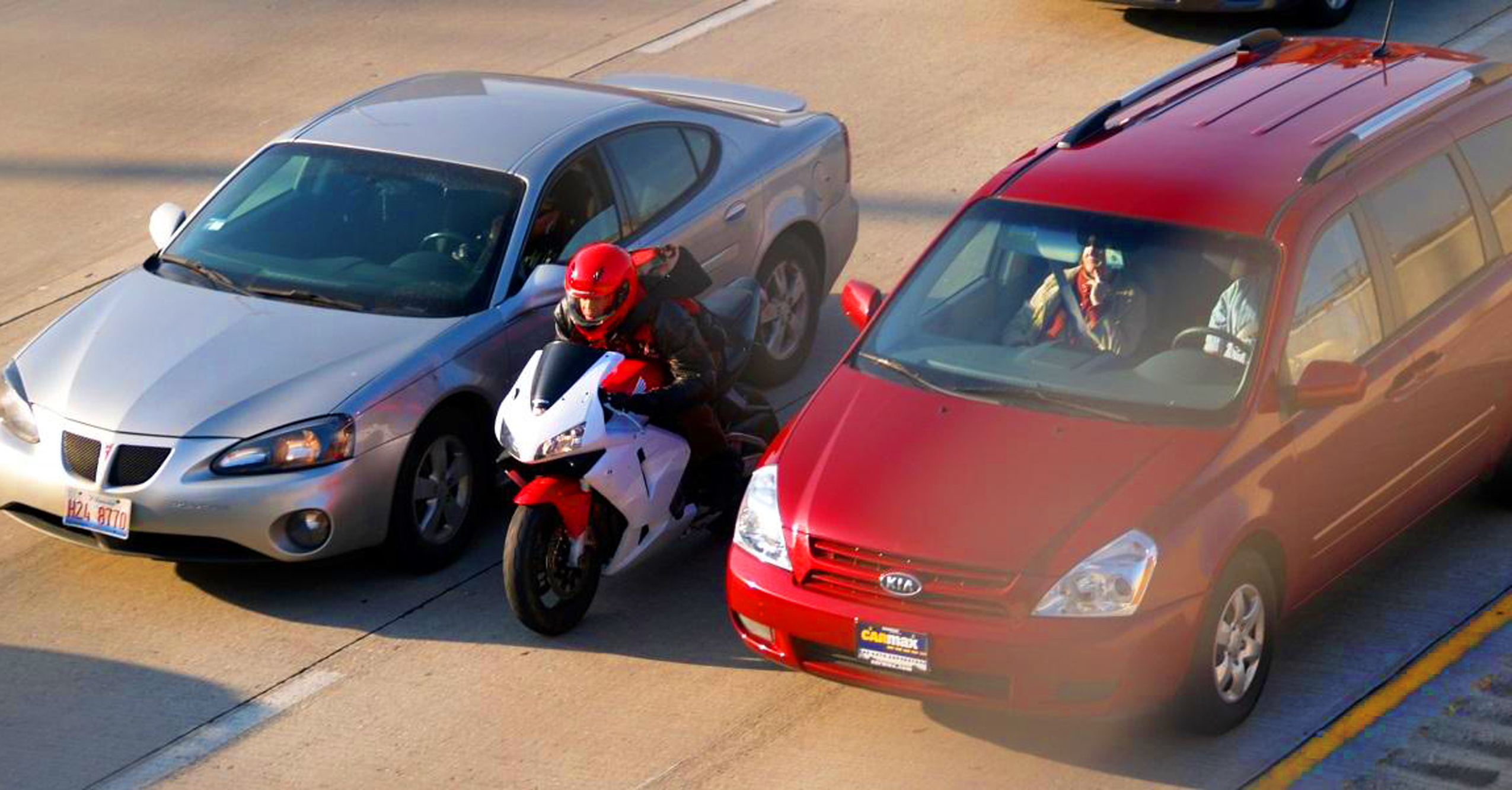“Ma and the Motorcycle”
A Moral Dilemma for the Shabbos Table
By Rabbi Yitzi Weiner
This brings us to an interesting true story that involves the mitzva of kibud av v’em, the mitzva to honor one’s parents.
Aron was a lawyer who lived in Los Angeles. He worked in a large law firm downtown. The traffic during rush hour took between an hour to an hour and a half long. Aron spent an average of almost three hours in traffic each day.
Aron loved to learn and was very frustrated that he wasted so much time on the road. He decided that he had the perfect solution to solve his traffic problems: He bought a motorcycle. The motorcycle was able to weave in and out of traffic (commonly known as lane splitting) and the commute now took a half hour.
To maximize the time that he saved, Aron set up a chavrusa (a study partner) for an hour in the morning, and another chavrusa in the evening. He now had two hours to learn with a chavrusa because of the time that he saved.
One day, after enjoying this new arrangement for a while, he mentioned on the phone in passing to his mother that he bought a motorcycle and rides it to work every day. His mother, a physician by training, sounded shocked and dismayed.
“Aron, you are a grown man, and I will not tell you what to do”, she declared. “But I just want you to know that every day you ride a motorcycle on the highway during the rush hour commute, I will feel anxiety about your safety. You know how dangerous motorcycles can be”.
“Ma, don’t worry, I’m good at this”, Aron protested.
“Aron, don’t fool yourself. We both know that even the best riders can easily get killed in a motorcycle accident”, his mother responded..
Aron hung up the phone with a strong sense of doubt.
He wondered if he was permitted to ride the motorcycle.
On one hand he saved two hours every day, and he was using that saved time very productively. One the other hand, he just learned that his mother will worry about him whenever he uses the motorcycle. He noted to himself that she didn’t actually forbid him to ride the motorcycle, but she made it clear that she would be pained and anxious about it.
Aron wondered if he had to give up the motorcycle to fulfill the mitzva of kibud av va’em. Should concern for his mother’s feelings override his desire to maximize his time for Torah?
What do you think?
See Veharev Na Volume Three 449
Answer to last week’s moral dilemma:
(click here to review the question)
Rav Zilberstein wanted to answer that the medic should go with the wounded soldier. This is because we normally give preference to the person who is dying right now, and not worry about what might happen in the future.
However Rav Zilberstein brought this question to Rav Elyashiv, his father in law.
Rav Elyashiv answered that the medic should stay with the platoon. This is because it was a time of pikuach nefesh (mortal danger) for everyone. Even the ones who were healthy could get shot at any minute. In that case when both groups are in a state of pikuach nefesh, you go to where you can save the most.
Rav Zilberstein then asked the medic what he actually did.
The medic answered that he didn’t know what to do, so he began praying from the depths of his heart. Suddenly a giant transport helicopter arrived and directly extracted the wounded solder, along with the rest of the platoon! In that case everyone was saved.
Have a wonderful shabbos!
Click HERE if you would like to receive this question series as an email each week.


The basic answer, as I understand it is fairly simple. Kibud Av v’Im as a positive command to do certain things to give honor to your parents. The list of examples is extensive. There is a separate negative commandment to revere (or not do things against your parents). This would be more the second. But there are specific exemptions, one of which is not to have to comply with a parent’s wish which would limit one’s Torah study (Yoreh De’ah 240:2). See : http://www.aish.com/jl/jewish-law/daily-living/8-Honoring-Parents.html .
A separate comment as a frum Yid who rides: this must be a California question. Lane splitting is a dangerous practice which is allowed in very few places, CA being the main one. The argument for has largely been lost. It used to be a risk of the motor over-heating if sitting in traffic jams. Since over the last decade plus the vast majority of bikes are liquid cooled this has become largely irrelevant. If you do ride, use care and common sense. Follow the rules of the road. Wear ATGAT (All The Gear, All The Time). Take training and refresher courses, even track time to improve your skills. As was stated in the example, no matter how good a rider you are, things happen. The better prepared you are, the better your chances.
All that being said, if it really bothers your parents (or your spouse or kids) think if it is really worth it to the relationship. Life on two wheels is great, but not at the expense of alienating those you love and who love you, but technically that is beyond the letter of the law.